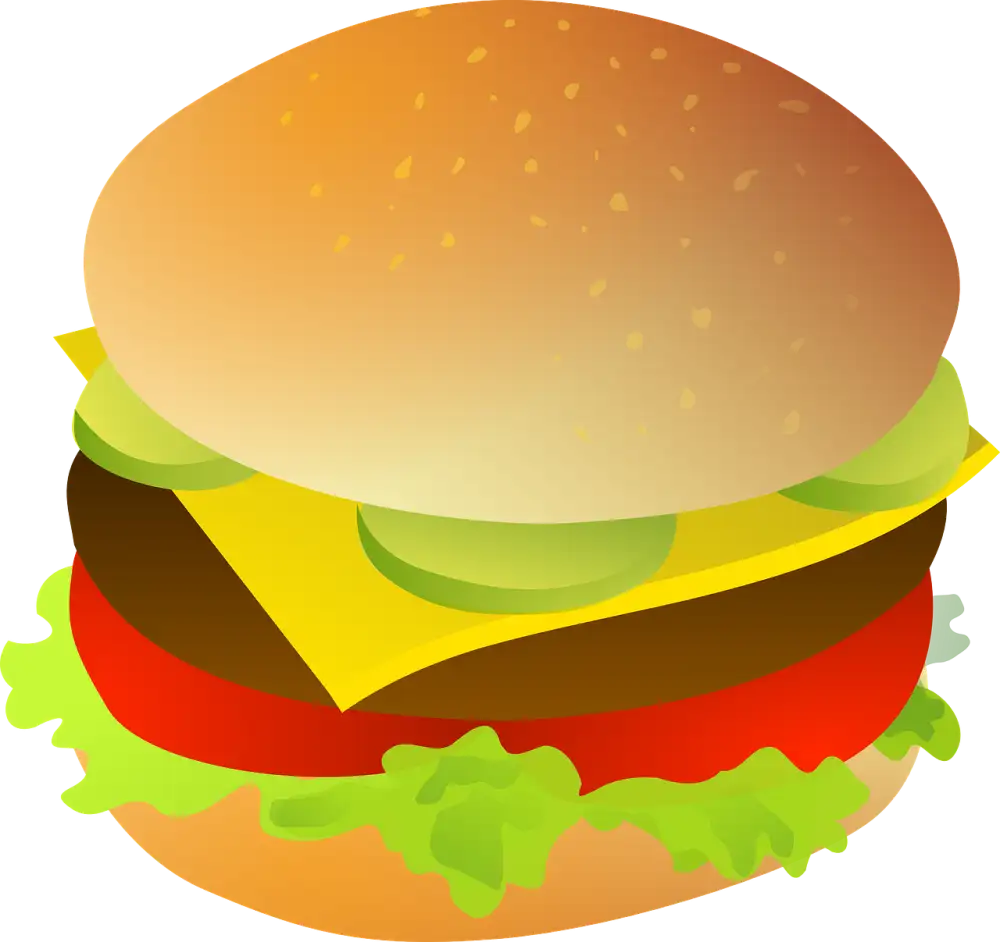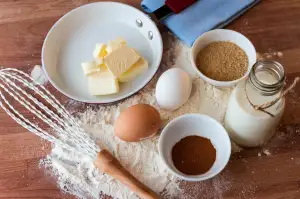Perfectly Cooked Burgers: Mastering the Art of Timing in Burger Recipes

- Factors affecting cooking time: Thickness, type of meat, desired doneness
- Recommended cooking times for different levels of doneness: Rare, medium-rare, medium, well-done
- Tips for achieving the perfect burger: Using a meat thermometer, flipping only once, resting time
- Adjusting cooking time for different burger sizes and cooking methods
- Overcooking vs. undercooking: The impact on taste and texture
Cooking a burger to perfection is an art that requires precision and attention to detail. One crucial aspect of achieving the perfect burger is understanding the importance of proper cooking time. The right amount of time on the grill or stove can make all the difference between a juicy, flavorful patty and a dry, overcooked disappointment. In this article, we will delve into the factors that affect cooking time, recommended times for different levels of doneness, and provide tips on how to master the art of timing in burger recipes. So let's dive in and explore the world of perfectly cooked burgers!
Factors affecting cooking time: Thickness, type of meat, desired doneness
The cooking time of a burger is influenced by several factors. Firstly, the thickness of the patty plays a crucial role. Thicker burgers will require more time to cook through, while thinner ones will cook faster. Secondly, the type of meat used affects the cooking time as well. Lean meats like turkey or chicken will cook faster than fattier meats like beef or lamb. Lastly, the desired doneness also impacts the cooking time. Cooking a burger to rare, medium-rare, medium, or well-done will require different amounts of time on the grill or stovetop.
Recommended cooking times for different levels of doneness: Rare, medium-rare, medium, well-done
When it comes to achieving the perfect burger, understanding the recommended cooking times for different levels of doneness is crucial. The cooking time directly affects the internal temperature and ultimately determines how well-done or rare your burger will be.
For a rare burger, cook it for about 2-3 minutes per side, resulting in an internal temperature of around 125°F (52°C). This will give you a juicy and slightly pink center.
If you prefer a medium-rare burger, increase the cooking time to approximately 4-5 minutes per side, reaching an internal temperature of 135°F (57°C). This will give you a warm pink center with some juiciness.
For those who enjoy a medium burger, aim for a cooking time of 6-7 minutes per side, achieving an internal temperature of 145°F (63°C). This will provide a slightly pink center with less juiciness.
If you prefer your burger well-done, cook it for around 8-9 minutes per side until the internal temperature reaches 160°F (71°C). This will result in a fully cooked burger with no traces of pinkness.
Remember that these cooking times are approximate and can vary depending on factors such as thickness and type of meat. It's always best to use a meat thermometer to ensure accurate results.
Tips for achieving the perfect burger: Using a meat thermometer, flipping only once, resting time
To achieve the perfect burger, there are a few key tips to keep in mind. First, using a meat thermometer is essential. This will ensure that your burger is cooked to the desired level of doneness without overcooking it. Insert the thermometer into the thickest part of the patty, and remove it from the heat when it reaches the recommended internal temperature.
Another important tip is to flip the burger only once. Flipping too often can cause the patty to lose its juices and become dry. Allow one side to cook fully before flipping it to the other side.
Lastly, remember to let your burger rest for a few minutes after cooking. This allows the juices to redistribute throughout the patty, resulting in a juicier and more flavorful burger. Resist the temptation to cut into it immediately – give it some time to rest and you'll be rewarded with a perfectly cooked burger every time.
Adjusting cooking time for different burger sizes and cooking methods
Adjusting cooking time for different burger sizes and cooking methods is crucial in achieving the perfect burger. Larger burgers will naturally take longer to cook than smaller ones. For example, a quarter-pound patty will require less time on the grill compared to a half-pound patty. Similarly, the cooking method used also affects the cooking time. Grilling tends to cook burgers faster than pan-frying or broiling. It's important to keep these factors in mind and adjust your cooking time accordingly to ensure that your burgers are cooked evenly and to your desired level of doneness.
Overcooking vs. undercooking: The impact on taste and texture
Overcooking or undercooking a burger can have a significant impact on its taste and texture. When a burger is overcooked, it becomes dry and tough, resulting in a less enjoyable eating experience. The meat loses its juiciness and tends to crumble easily. On the other hand, undercooked burgers can be risky as they may contain harmful bacteria that can cause foodborne illnesses. Moreover, an undercooked burger will have a raw center, which is not only unappetizing but also poses health risks. To ensure the perfect balance of flavor and texture, it is crucial to cook burgers to the recommended doneness level. This way, you can savor the juiciness and tenderness of a perfectly cooked burger every time you take a bite.
In conclusion, mastering the art of cooking burgers to perfection requires a deep understanding of the importance of proper cooking time. By considering factors such as thickness, type of meat, and desired doneness, one can determine the ideal cooking time for their burgers. Utilizing a meat thermometer, flipping the burger only once, and allowing for resting time are essential tips for achieving the perfect burger. Additionally, adjusting cooking time for different burger sizes and cooking methods ensures consistent results. Remember that overcooking or undercooking can greatly impact taste and texture. With practice and attention to timing, you can elevate your burger game and create delicious masterpieces every time you fire up the grill or stovetop.
Published: 03. 01. 2024
Category: Recipes



